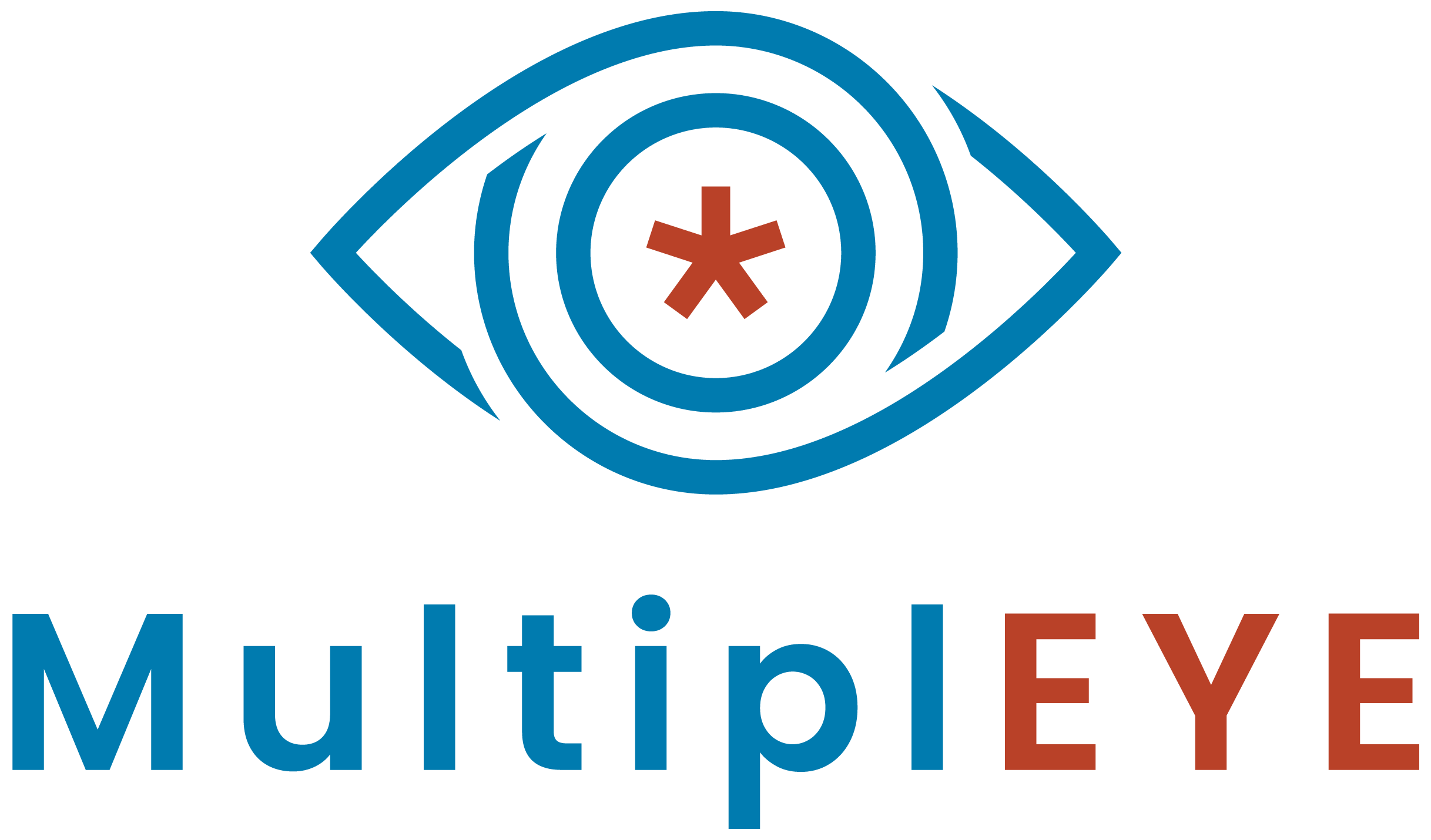Eye Tracking in Reading
a part of
ACM Symposium on Eye Tracking Research & Applications
(ETRA 2024)
4-7 June 2024, Glasgow, UK
Check the ETRA Workshop agenda here
We welcome all interested researchers to submit their recent work to our workshop. The workshop is organized to gather researchers working in a broad area concerning the analysis of the way people move their eyes while reading. The aim of the workshop is to bring together data scientists, psychologists, and linguists and give them an opportunity to exchange their ideas.
One of the purposes of the workshop is to support the dissemination of the MultiplEYE COST Action, which aims to foster an interdisciplinary network of research groups working on collecting eye-tracking data from reading in many languages. The network currently includes more than 200 participants interested in and involved with eye-tracking-while-reading research. However, the workshop is open to all interested researchers.
The workshop aims to summarize the current state of the art in research concerning eye movements in reading and enable prospective researchers to present their new ideas. The scope of the workshop focuses on using eye movement recorded during reading to:
- Analysis of cognitive processes in reading
- Recognizing the mental state of the reader
- Evaluating comprehension of the read text
- Diagnosing reading disorders and difficulties
- Finding differences among texts in different languages
- Cross-linguistic comparison of eye movement patterns in reading
- Modelling eye movements in reading
- Finding patterns typical for specific texts
- Finding patterns typical for specific readers (education, language, age, gender, background, and more)
- Finding differences among texts of different genres or difficulty levels
- Leveraging eye-tracking-while-reading data for enhancing computational language models (e.g., gaze-augmented language modeling for NLP tasks)
- Leveraging eye-tracking-while-reading data to cognitively interpret or evaluate computational language models
Additionally, we welcome papers proposing new applications, new ways of data recording and processing, new stimuli and methodologies. We will also accept position papers, which present new and original ideas that, for now, lack rigorous experimental support, providing that the presented idea is sound, interesting, and worth discussion.
The accepted workshop papers will be published as ACM ETRA Proceedings. The submissions should be between 4 and 8 pages in the single-column ACM Article template.
All submissions will go through a single-phase review cycle with at least two reviewers. The Program Committee consists of experts in the fields of eye tracking, psychology, and linguistics.
Accepted papers:
- The role of stress in silent reading
Authors: Cristina Cergol, Marijan Palmovic
https://dl.acm.org/doi/10.1145/3649902.3656492 - Reading with Screen Magnification: Eye Movement Analysis Using Compensated Gaze Tracks
Authors: Seongsil Heo, Roberto Manduchi, Suzana Chung
https://dl.acm.org/doi/10.1145/3649902.3656493 - Utilizing Gaze Self Similarity Plots to Recognize Dyslexia when Reading
Author: Pawel Kasprowski
https://dl.acm.org/doi/10.1145/3649902.3656494 - Towards the Intervention of Dyslexia: a Complex Concept of Dyslexia Intervention System using Eye-Tracking
Authors: Nicol Dostálová, Petra Pátková Daňsová, Stanislav Ježek, Michaela Vojtechovska, Čeněk Šašinka
https://dl.acm.org/doi/10.1145/3649902.3656490 - EyeLiveMetrics: Real-time Analysis of Online Reading with Eye Tracking
Authors: Daniel Hienert, Heiko Schmidt, Thomas Krämer, Dagmar Kern
https://dl.acm.org/doi/10.1145/3649902.3656495
Organizing Committee:
- Pawel Kasprowski, Department of Applied Informatics, Silesian University of Technology, Poland
- Nora Hollenstein, Kaunas University of Technology, Lithuania
- Lena Jäger, Department of Computational Linguistics, University of Zurich, Switzerland
- Paul Prasse, University of Potsdam, Germany
- David R. Reich, University of Potsdam, Germany
Programme Committee:
- Ana Matic, University of Zagreb, Croatia
- Evis Trandafili, University of New York in Tirana, Albania
- Irina Sekerina, City University of New York, USA
- Iza Krejtz, SWPS University, Poland
- Katarzyna Harezlak, Silesian University of Technology, Poland
- Kristina Cergol, University of Zagreb, Croatia
- Mila Vulchanova, Norwegian University of Science and Technology
- Oleksii Turuta, Kharkiv National University of Radio Electronics, Ukraine
- Ramune Kaspere, Kaunas University of Technology, Lithuania
- Sara Kosutar, The Arctic University of Norway
- Stephanie Brandl, University of Copenhagen, Denmark
Important Dates:
| Submission of papers: | passed |
| Final versions: | 6 April 2024 |
| Conference: | 4 June 2024 |
Submissions should be anonymized, and submitted via Precision Conference System (Society: ETRA, Conference: ETRA 2024, Track: ETRA 2024 MULTIPLEYE).

